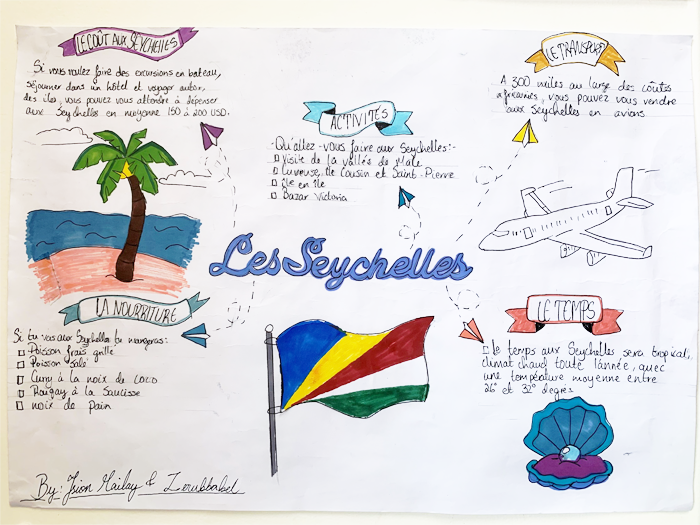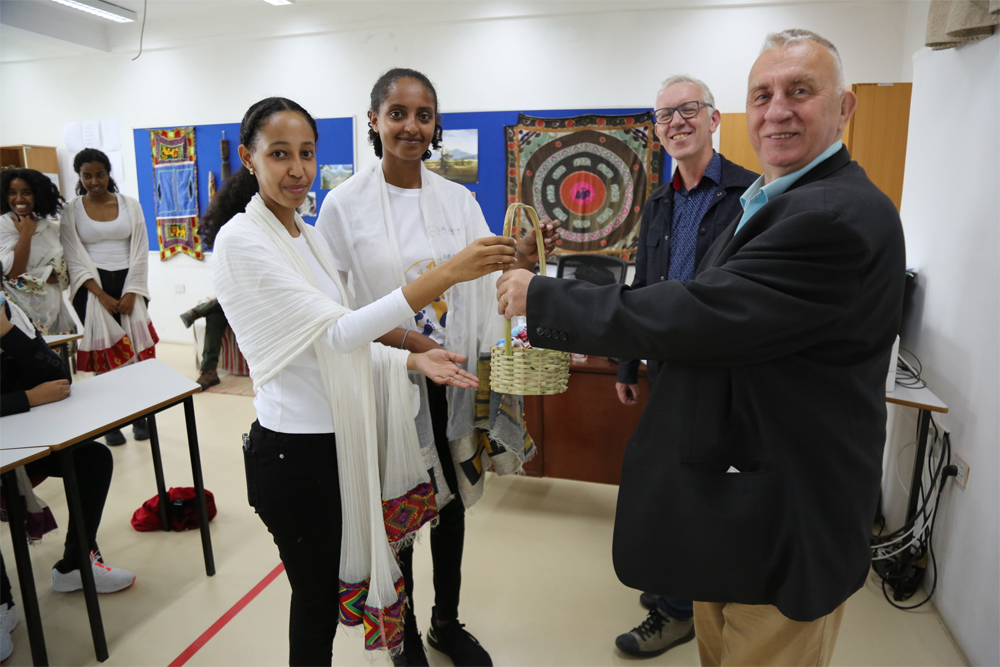

CAS
CAS is not formally assessed. However, students reflect on their CAS experiences as part of the IBDP, and provide evidence of achieving the seven learning outcomes for CAS.
How is CAS structured?
The three strands of CAS, which are often interwoven with particular activities, are characterised as follows:
- Creativity – arts, and other experiences that involve creative thinking.
- Activity – physical exertion contributing to a healthy lifestyle, complementing academic work elsewhere in the IBDP.
- Service – an unpaid and voluntary exchange that has a learning benefit for the student. The rights, dignity and autonomy of all those involved are respected.
In order to demonstrate these concepts, students are required to undertake a CAS Project. The project challenges students to:
- Show initiative
- Demonstrate perseverance
- Develop skills such as collaboration, problem-solving and decision making




What do CAS projects involve?
CAS requires students to take part in a range of experiences and at least one project. These should involve:
- Real, purposeful activities, with significant outcomes
- Personal challenge
- Thoughtful consideration, such as planning, reviewing progress, reporting
- Reflection on outcomes and personal learning
We don’t prescribe specific projects or activities to students. All students should be involved in activities they’ve initiated themselves.
Example of a creativity project
For a creativity project, a talented musician could learn a particularly difficult piece or a different style of playing.
Example of an activity project
Activity projects do not have to be sports-related or competitive. A valuable activity project could help a student overcome a personal fear, such as rock climbing.
Example of a service project
Service projects must be beneficial for the community as well as provide a learning opportunity for the student.
What is the significance of CAS?
- CAS enables students to enhance their personal and interpersonal development by learning through experience.
- It provides opportunities for self-determination and collaboration with others, fostering a sense of accomplishment and enjoyment from their work.
- At the same time, CAS is an important counterbalance to the academic pressures of the IBDP.
- The experience of CAS helps to strengthen university applications.



